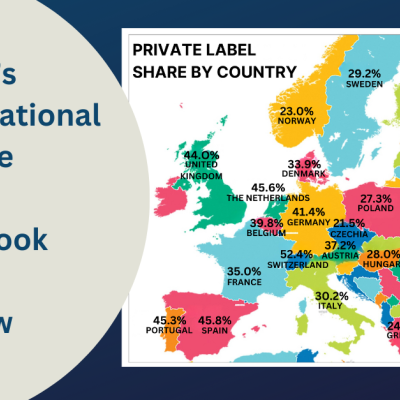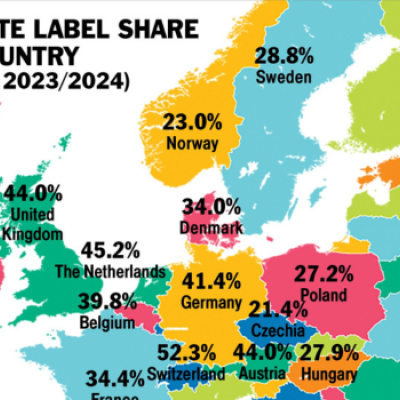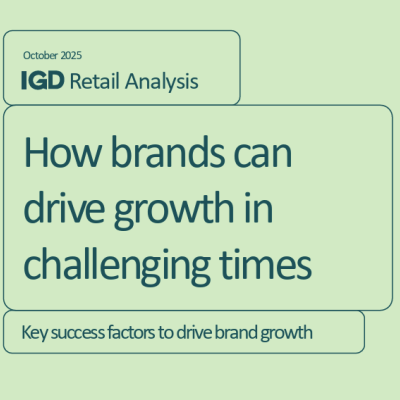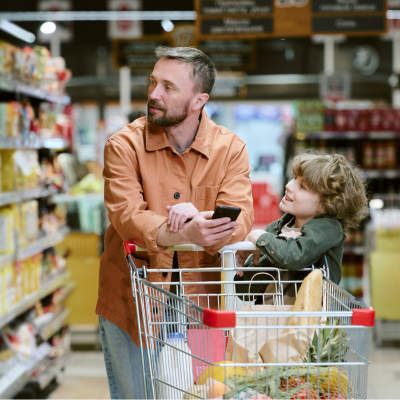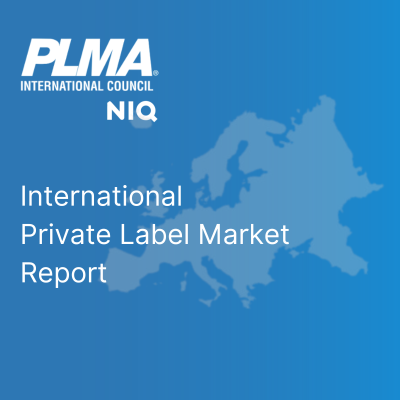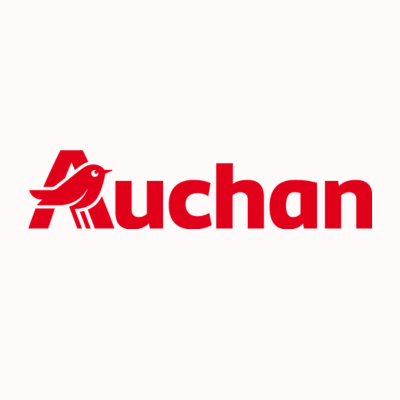Nominations are open for the 2026 International PLMA Salute to Excellence Awards, honouring the very best private label products launched in the past year. Retailers can now showcase their company’s innovation, quality, and creativity across food, health and beauty, and household categories.
In addition, this year, the popular biennial Private Label Wine Awards will take place. For retailers, this is a great opportunity to have their wines blindly evaluated by top wine professionals, like Masters of Wine and Sommeliers, who will then select the finest private label wines for Best Quality and Best Value.
To nominate the top private label products that you introduced in your stores in the past year, contact PLMASalute@plma.nl.

